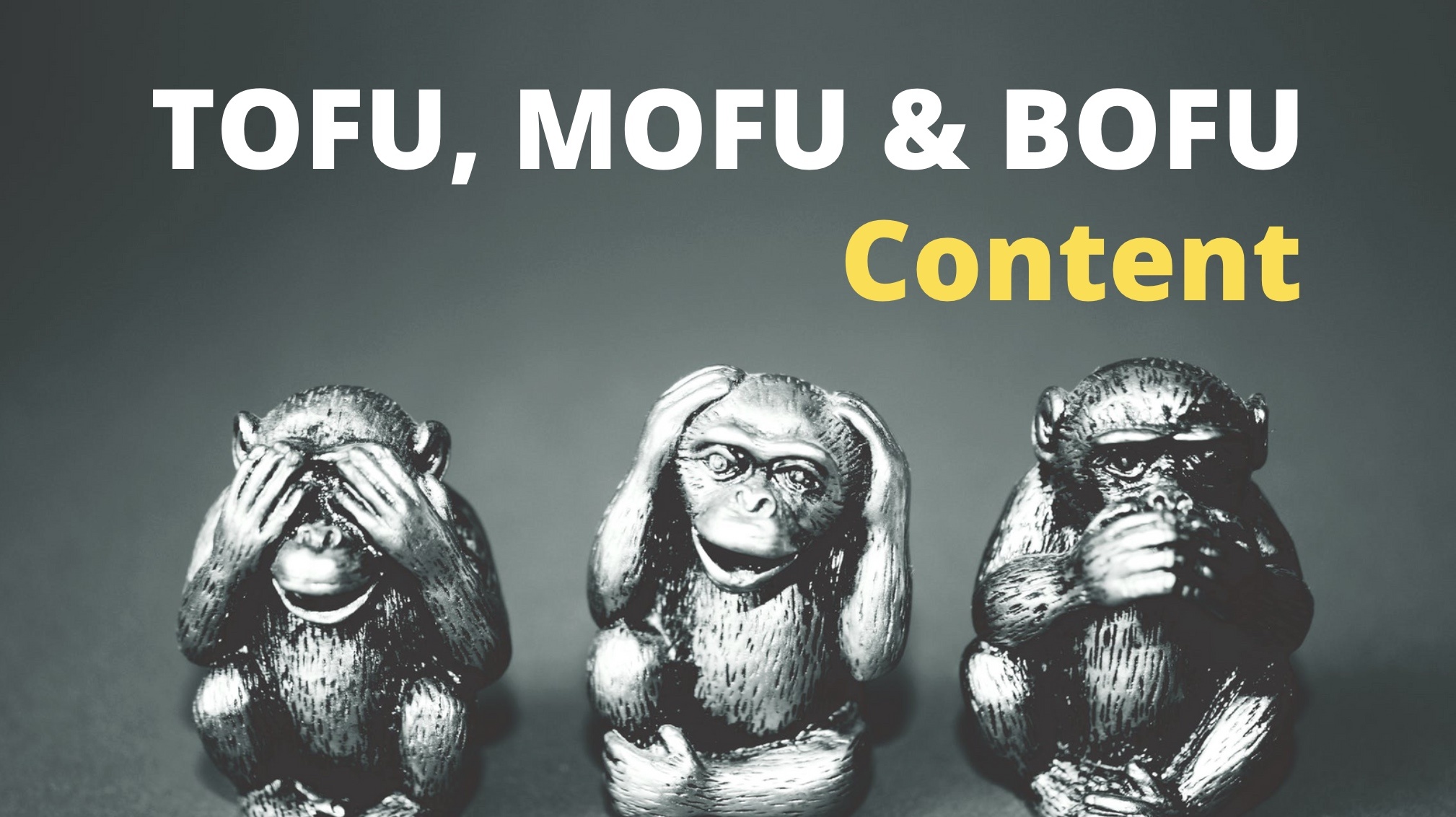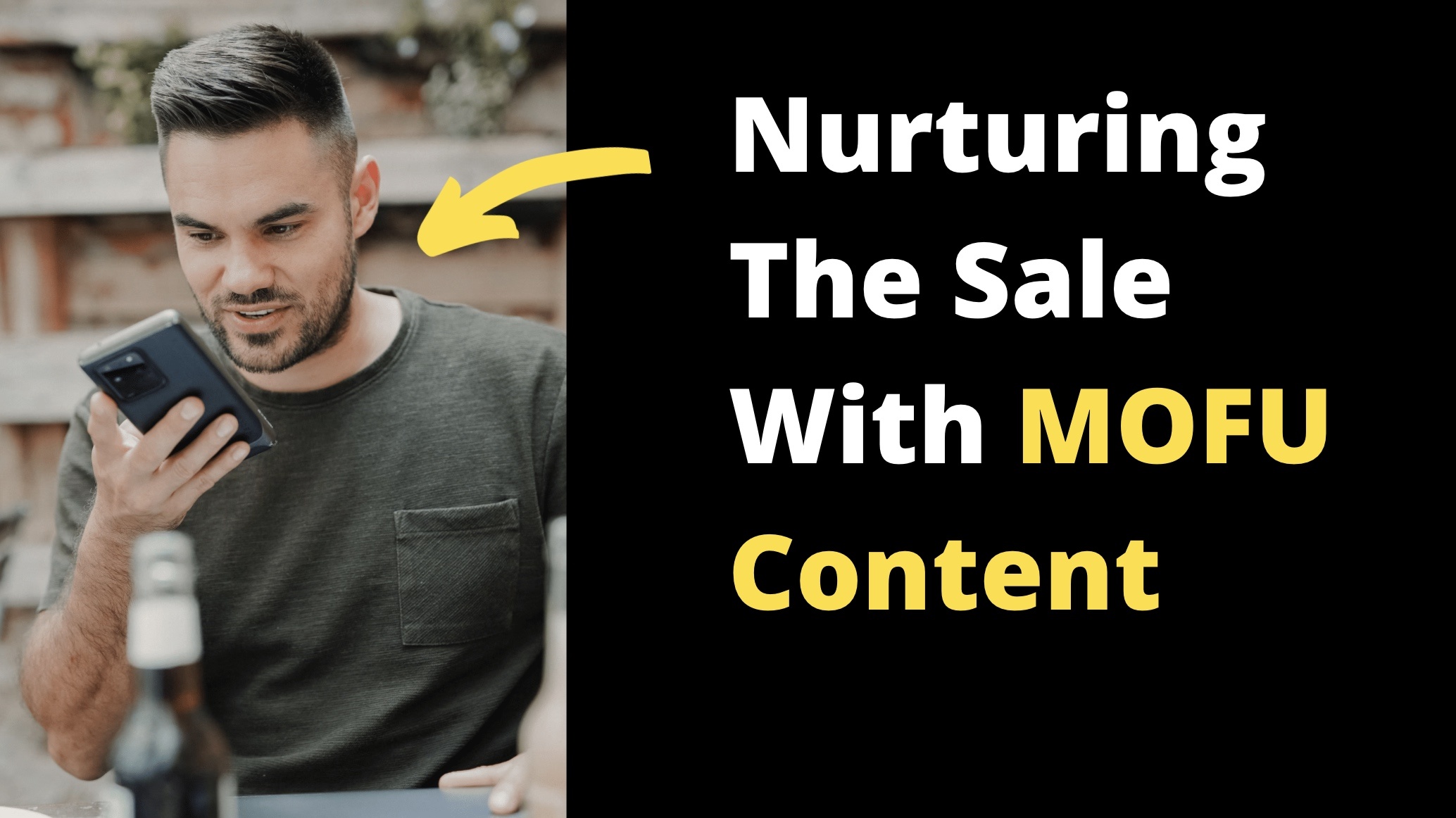Why SpeechSilver? – How We Named Our Company & Why It Is Just So Important!
January 22, 2019 | Sean Foo

It is said that a good name goes beyond giving the business a unique identity, it also helps shape the future of the business and contributes to the way the company can evolve.
After helping more than 20 companies give birth to their brand names, perhaps its time we talked a little about how we named our own company.
Before we named our company what it is today: SpeechSilver, we were a bunch of freelancers taking on copywriting and content marketing projects for agencies and enterprises using our own names to conduct business.
While not exactly professional, it did help us get the ball rolling for a few years, build up our credibility and more importantly help gain the skills to deliver the results that we can today.
But we wanted more. We wanted to evolve. And we needed a new name.
Standing Out In A Saturated Market
Now let us be frank here – copywriting and content creation is nothing new.
The use of words to persuade and sell has been prevalent since the time of the ancient Egyptians scribbling on their papyrus to the rise of New York’s Ogilvy with their big advertising campaigns to modern online content gurus such as Neil Patel.
The industry is filled, actually bursting, with competition and market players – but were we threatened? – Not really.
The industry is still growing and people are getting ever more hungry for valuable content that solves real business problems.
We weren’t afraid to compete with the best, but in a sea filled with hundreds and thousands of competitors, how do we create a name that can stand out globally and last the test of time?
A tall order, but like any good story, we were up to the challenge.
What Is In A Brand Name
Naming a company (especially your own) could be rather nerve-wracking and it’s easy to see why.
The advantages of a strong name are clear as day:
– It allows for separation and distinction versus other competitors
– Reinforce a unique selling proposition your business has
– Dominate a category/niche
– Form the bedrock of your future marketing materials and campaigns
A powerful company name allows your business to establish itself as a market leader and create the type of positive image you desire for your brand, but it goes beyond that – those are actually just the immediate benefits
A great name also allows your company to:
– Transcend its current products and services and become a symbol of trust
– Have room to evolve and grow
Taking Stock Of Our Business
When it comes to the naming process a great way to start is to go back and take inventory of the important aspects that make up your business.
Two years ago, coming back from San Francisco back to Singapore, we had a wealth of knowledge under our belt and thankfully, also a key set of ideas and values we wanted to share with our customers and the world.
We saw the copywriting and content marketing industry as a place with a great big divide.
On one hand, you have content marketing gurus like Neil Patel and copywriting legends like John Carlton & Bob Bly who are established names working only with huge budgets…
While on the other side of the spectrum you have freelancers and amateur copywriters that claim to be copywriters and content creators just because they managed to string a few sentences coherently.
Customers head to the gurus when they have a critical copywriting project they need done and have top dollar to pay, while the budget market is looking for freelancers who can just churn out volumes of content at cheap prices.
But there is also a segment of the market that seeks for effective quality content at fair prices that reflect its value – that’s where we come in.
The Naming Strategy
When you boil it down, there are effectively only 4 types of company namings that are floating out there today.
1. Descriptive Names

The first natural instinct of a naming committee is to default to a safe type of naming and nothing could be safer (in their minds) then descriptive names – after all, you are just describing what your company does right?
The big problem here is that descriptive names are mostly blatant and too in your face.
Sure, it definitely lets the reader know what the company does and what to expect, but it turns the company into more of a service provider than a solution provider.
It commoditises your business.
The worse thing we could do was to make it extremely obvious what we did as a company. Descriptive names (that we desperately wanted to avoid) include:
– Copywriting Gurus
– Conversion Copy Team
– Perfect Copy
– The Copy Lab
– Write It Well
– CopyBase
– Copywriting Vista
– The Content Smiths
It’s quite simple to see that the above company names are victims of descriptive namings. They are experiencing a kind of ‘fade-out’ where there is little or no differentiation from each other and just blend into the background.
The greatest reason why businesses resort to descriptive names lies in the fear of their company name being used without context – but that is quite impossible.
Where it be seen on a website, an article, a Facebook advertisement or even in conversations, there will always be a context that you can rely on to give the usage of your business name clarity.
2. Invented Names

From Google to Oreo and Yahoo, invented names are getting more prevalent and some of the biggest companies today are those with invented names.
The amazing part of invented names is that it is probably 100% ready to be trademarked without any fear of competition.
These fun and often vibrant names also provide with them a whole host of benefits:
– They can become highly memorable and fun to say like Google and Snapple
– Very easy domain registration
– Filled with energy and endless marketing possibilities
Were we considering an invented name?
Sure we did, however, we wanted our customers to identify our brand name as a company that is at least related to the communications sector and we weren’t really a fancy tech startup so it made sense to skip this.
3. Experiential Names

While descriptive names can get too obvious leaving little room to evolve, invented names might be too vague if you require an instant connection to your industry and customer.
Experiential names offer the connection to the senses of your customers and is something that’s tangible and can be felt directly or at least indirectly. It is part of the human experience.
Technology companies today are increasingly adopting experiential names because it immediately forms a connection with their customers.
It allows for the human mind to instinctively understand what the company or brand is going to provide for them.
And as an added bonus, these names make complete sense to corporate naming committees and are perhaps the easiest names (next to descriptive names) to gain approval.
Productivity, sales apps & software with experiential names:
– BaseCamp
– ZenDesk
– Sales Handy
– FreshSales
– ProsperWorks
You might be wondering, SpeechSilver – isn’t that an experiential name?
No it isn’t. Not really.
Despite the obvious overall benefits available here, we wanted to go beyond and wanted to position ourselves with a name that can give us ultimate flexibility, allowing for the eventual evolution of our business and differentiating ourselves completely from our competition.
While SpeechSilver definitely has a tinge of experiential tones to it, the name largely is one of positioning – one of evocation.
4. Evocative / Positioning Names (We Chose This!)

Virgin. Uber. Apple. Diesel. Oracle.
All these are evocative names and the best way to actually tell if a name is evocative or not is if you could immediately draw a straight-line association with their business.
If you can’t draw an immediate or natural name association with the nature of the business – it is probably an evocative name.
Virgin (sexually pure) – An airline company
Uber (means outstanding in German) – A taxi-hire app
Apple (its a fruit) – Sells computers and phones and lifestyle tech
Diesel (fuel for automobiles) – A clothing brand
Oracle (Greek word for seer/fortune teller) – A Software and applications business.
From Apple to Uber, these names add layers of multi-dimensionality to the company, making them seem bigger than the products or services they sell.
When you think of Uber (at least till 2017), you probably envision a big company that is dominating the ride-sharing space that is brutally efficient and all about winning.
Now just imagine the same company rebranded today as CabShareCity – you probably won’t even take it seriously.
An evocative name brings out the positioning of a company that goes beyond describing a function or an experience that can be felt by the human senses.
So What is SpeechSilver’s Positioning?
As we furiously browsed through the common terms and jargons of our niche, we realised that these terms were used to death in every conversation with our clients as well as in the industry.
Terms like conversion, click, copy, content, campaign, these were all jargons that we wanted to avoid to prevent getting lumped in with the generic namings of our competitors.
We Considered Our Future
Additionally, while our company currently focuses on copywriting and content marketing, we might decide to evolve into a full digital agency or perhaps pivot to become a branding and communications firm and the name SpeechSilver allows that.
While almost all of our copywriting and content marketing is done in the written form (either online or on print), we felt that words speak to customers and forms a kind of persuasive speech that convinces prospects to become paying customers.
The word silver came from a phrase that we chanced on, ‘Speech is silver, but silence is golden’. While the phrase obviously champions the value of silence, the next best alternative to get your way is to use speech to talk and convince and that is silver (valuable).
We Focused On The Tonality Too
One key attribute that all good names share (whether they be descriptive, evocative or invented) is the ease of pronunciation – or how simply put: how it sounds.
Easy sounding names with short syllables will always win names that are too complex.
Think of the brands that are famous and easy to remember: Paypal, Starbucks, Uber, Facebook, Youtube, Instagram, Adidas, Amazon, Adobe.
More often than not, these company names are quick, snappy and contain 2-3 syllables that flow well.
We Want To Be Seen As Solution Providers
There are mainly two types of copywriting agencies out there.
The first focuses on just getting the job done without much regard for the effectiveness of the copy and the business results that it generates.
The second is a holistic solutions provider that understands the customer’s needs, plans out an effective strategy, crafts out the content and copywriting and finally helps with the measurement of performance and optimisation.
We sought to have a name that positioned ourselves as the latter, and that would mean totally disassociating ourselves with any industry jargon and descriptive names.
While we could have blindfolded ourselves and named our company ‘The Conversion Specialists’ or even cheesier – ‘The Perfect Copywriters Co.’, it would have backfired gloriously and lumped us together with the hoards of other cheap agencies out there.
Your Name Is Your Brand
Sure, I understand. You probably threw up a makeshift name and got right into the business of making money and getting customers…but what happens next?
Unless you are in a really novel space or you are selling a product that hasn’t been seen before, paying attention to your name is a key component of your positioning and competitive edge.
Understanding the current state of your business and how it will evolve is key to deciding if your current business requires a rebranding or more specifically a re-naming!




